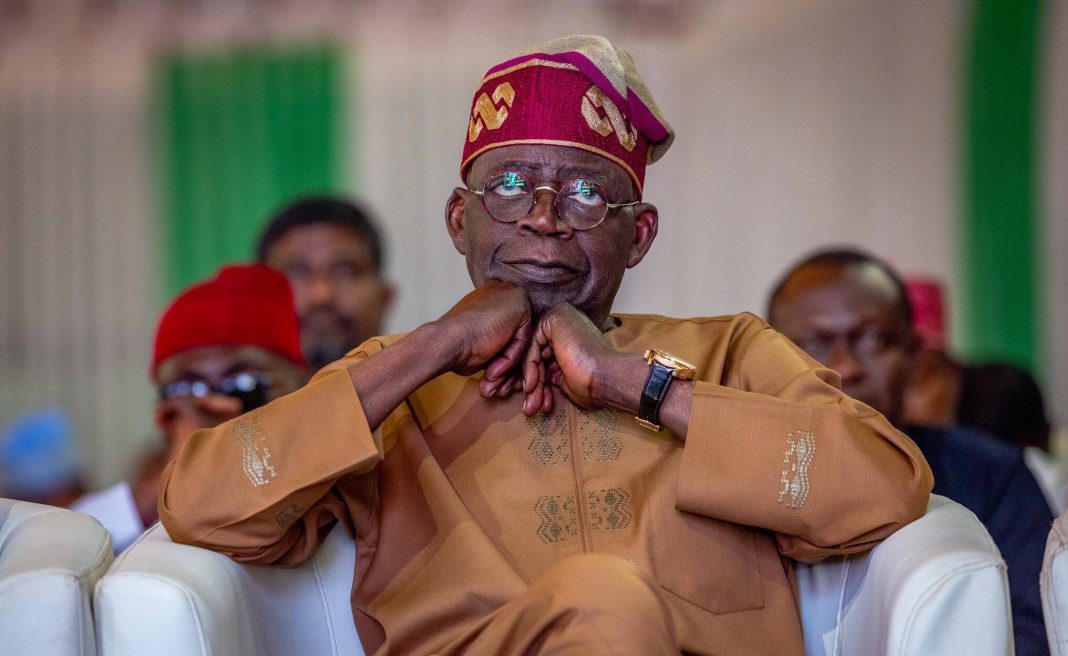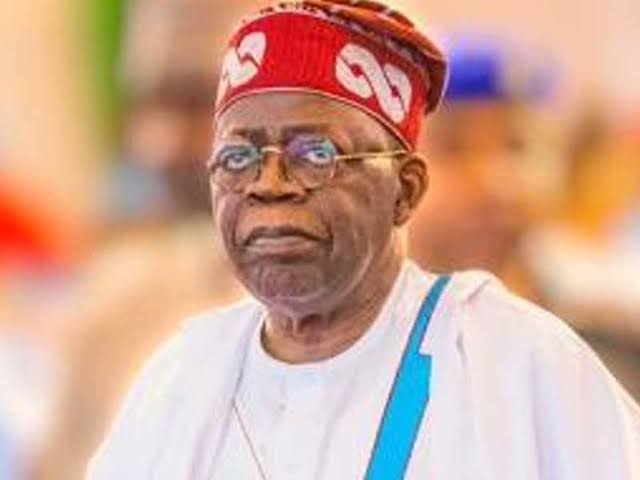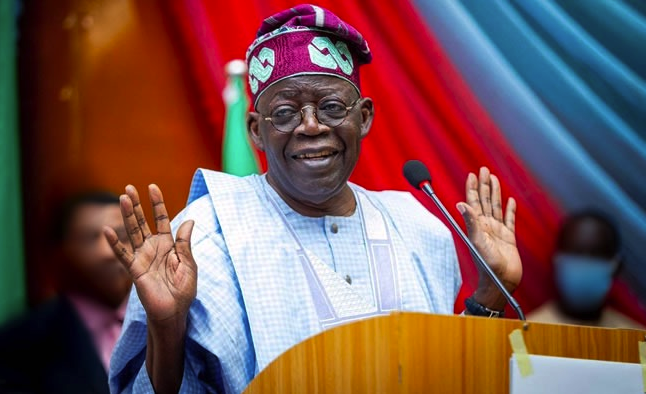BY NIKKY ONYERI
Barring any unforeseen circumstances a new government led by the president-elect, Bola Ahmed Tinubu will be officially sworn in on May 29, 2023. Expectations are that the government will hit the ground running immediately if it wants to put an end to the corrosive influences of poverty, unemployment, insecurity, rabid ethnic nationalism, impunity, and cronyism, among others.
These influences have continued to attack the ligaments that connect the Nigerian body parts together. But today the country has another chance to redeem itself and push beyond a certain threshold of development. This cannot be achieved without taking some hard decisions to include relevant parts of the society in the new government.
In this wise, inclusion of a reasonable number of women becomes a sine qua non in the building of the new Nigeria, envisaged post-May 29, 2023. It is a fact that women are the bedrock upon which societies are built. And the United Nations did not acknowledge this less when it averred that women’s equal participation in government is critical to building democracy and promoting social progress.
Indeed, affirmative action for women, designed to eliminate unlawful discrimination against them has continued to elicit positive responses from governments across the globe. While the United Nations recommended a minimum threshold of 30% participation, the African Union endorsed 40%. So far this threshold of participation has not been met by any African country, including Nigeria. The closest to the 40% women participation in government in Africa is achieved by Uganda and Mozambique. Both countries have about 32% inclusion. Nigeria’s benchmark of 35% participation is yet to be met notwithstanding efforts of the previous governments. Appointing women into government may have received more attention than electing them probably because of funding and the patriarchal nature of the Nigerian society. As the president of the Society for Women Mentoring and Advancement, I have been at the forefront of women’s participation in government, and I have continued to make it clear that the incoming Tinubu administration has the responsibility to fully implement affirmative action for women in Nigeria.
As stated above, previous governments might have tried, but their efforts were not enough to impact on the recommended percentage of inclusion. The non-implementation by past administrations easily leaves many thinking it may be another cold day in July expecting the incoming Tinubu government to be different. But so soon as the thought had a chance to concentrate the minds of naysayers, it vanished in a puff of smoke with the realization that Tinubu’s government did not discriminate against women while it lasted in Lagos. In fact, as governor of Lagos state, Tinubu met the 35% affirmative action and encouraged women to go into elective positions. It is not likely he will act differently this time with his wife, the incoming first lady, Senator Olufemi Tinubu, who had recommended fifty per cent inclusion of women in government. During the Omo-Agege Senate Constitutional Review Committee, Senator Oluremi Tinubu recommended 50% women participation which is in line with the position of the Women for Mentoring and Advancement.
“As governor of Lagos state, Tinubu met the 35% affirmative action and encouraged women to go into elective positions”
It is the hope of many of us in the Women Group that Nigeria will be better for it if women are allowed greater access to government. We are not unaware of previous efforts to have women participate more in government, including what the exiting Buhari government did. How his administration tried to improve women’s participation in government through such programmes like the National Gender Policy, Gender and Equal Opportunities Bill, the All-Progressives Congress Political Representation, the Girl Child Education Program and the Government Enterprises and Empowerment Program (GEEP). However, his efforts were not enough and there is still a significant gender gap in political representation at the level of both the local, state, and national government. Indeed, the Gender and Equal Opportunities Bill which approximates women’s equality implementation effort is still waiting to be passed by the National Assembly. Nothing will be more gratifying than having the incoming administration bring aboard more women to meet the set affirmative action. As frustrating as the effort to have women contest electoral offices and win, it will be worthwhile to have them there. The National Assembly as presently constituted has less than 10% of women in representation. This is poor and does not speak to the large population that is women. This is unfair because in population women are more in number and should not be subjected to such dismal proportional representation in government. It will ruffle no feathers to provide for a mandatory quota for women in the composition of the Senate, House of Representatives, and State Houses of Assembly as well as government appointments. It is not as if women cannot strive for and achieve excellence, but in Nigeria, like in most other countries, especially in Africa, women have historically faced barriers and discrimination that have limited their access to opportunities and hindered their socio-economic and political advancement. In Nigeria for example women have had to face inhibiting cultural norms, patriarchal systems, limited access to resources, and gaps in political awareness.
But it is possible that with implementation of affirmative action, aimed at increasing opportunities for women in areas such as education, employment, politics, and leadership positions, more women will have access. No doubt, these challenges require a comprehensive approach that involves legal frameworks, institutional support, awareness campaigns, and active involvement of government, civil and international partners. It is not likely there will be any headway if the effort is not made to have a strong institutional framework. Personally, I was a victim of the invasive patriarchal system that has kept women down politically. I have had to contend with this monster during my efforts to represent my people in elective positions. The sad aspect of it being that I left a well-paying job in the United States of America to give that aspiration a shot. But on each occasion, I was outmaneuvered. Nigeria has a chance of redeeming herself through implementation of affirmative action by playing less in the patriarchal turf. There may be arguments against affirmative action to the extent that it has the capacity to bring about reverse discrimination, undermine merit and introduce another form of sexism. But this hardly holds true, especially if we take into consideration that countries, where it is in full practice, are in redeeming evidence. Women are great assets and the Tinubu administration, when inaugurated, will be blessed to have them well represented. His government should also try to reunite and reconcile Nigerians and make the country a place where tribe, creed and class are not worth more than individual contributions.
Notwithstanding the challenges currently witnessed in the Presidential Election Tribunal, the incoming government must embrace unity to make progress. Court challenges are factors of election and the current one is not any different. The new government must endeavour to have women fully involved as they are often the ones, and indeed children, who bear the brunt of mismanaged political situations. Let them be made a part of the government where their impact should be felt.
Princess Onyeri, President of the Society for Women Mentoring and Advancement, writes from Abuja.



